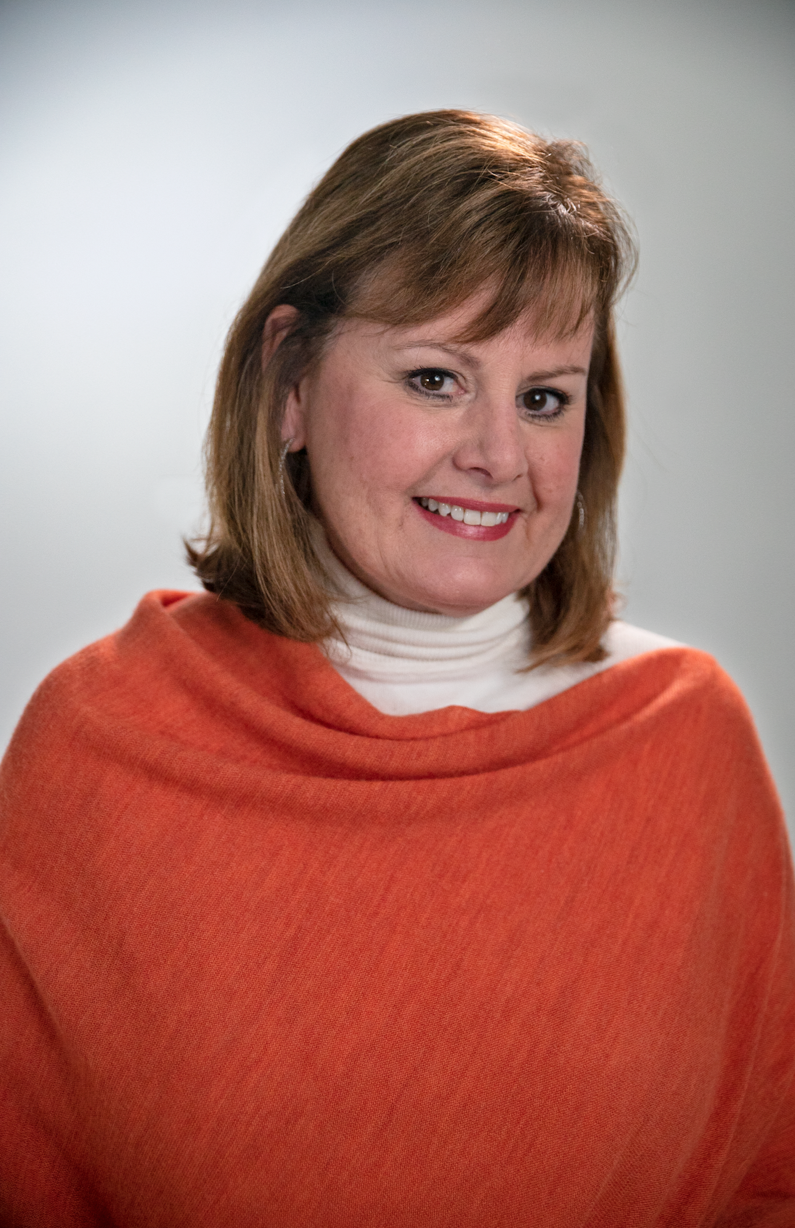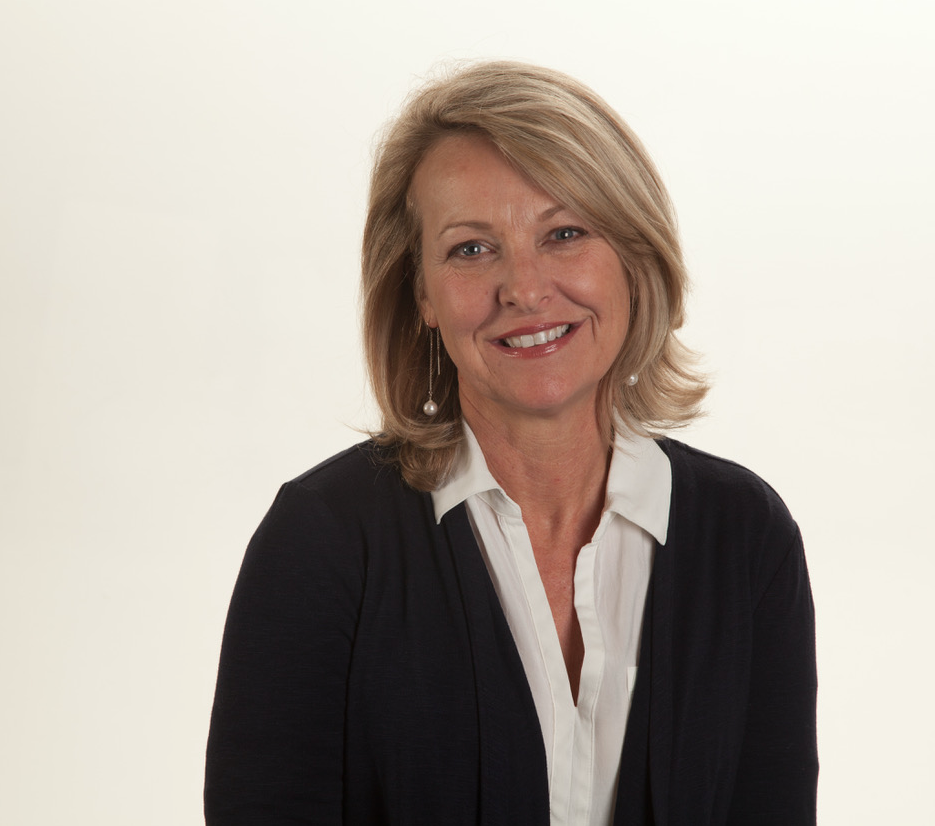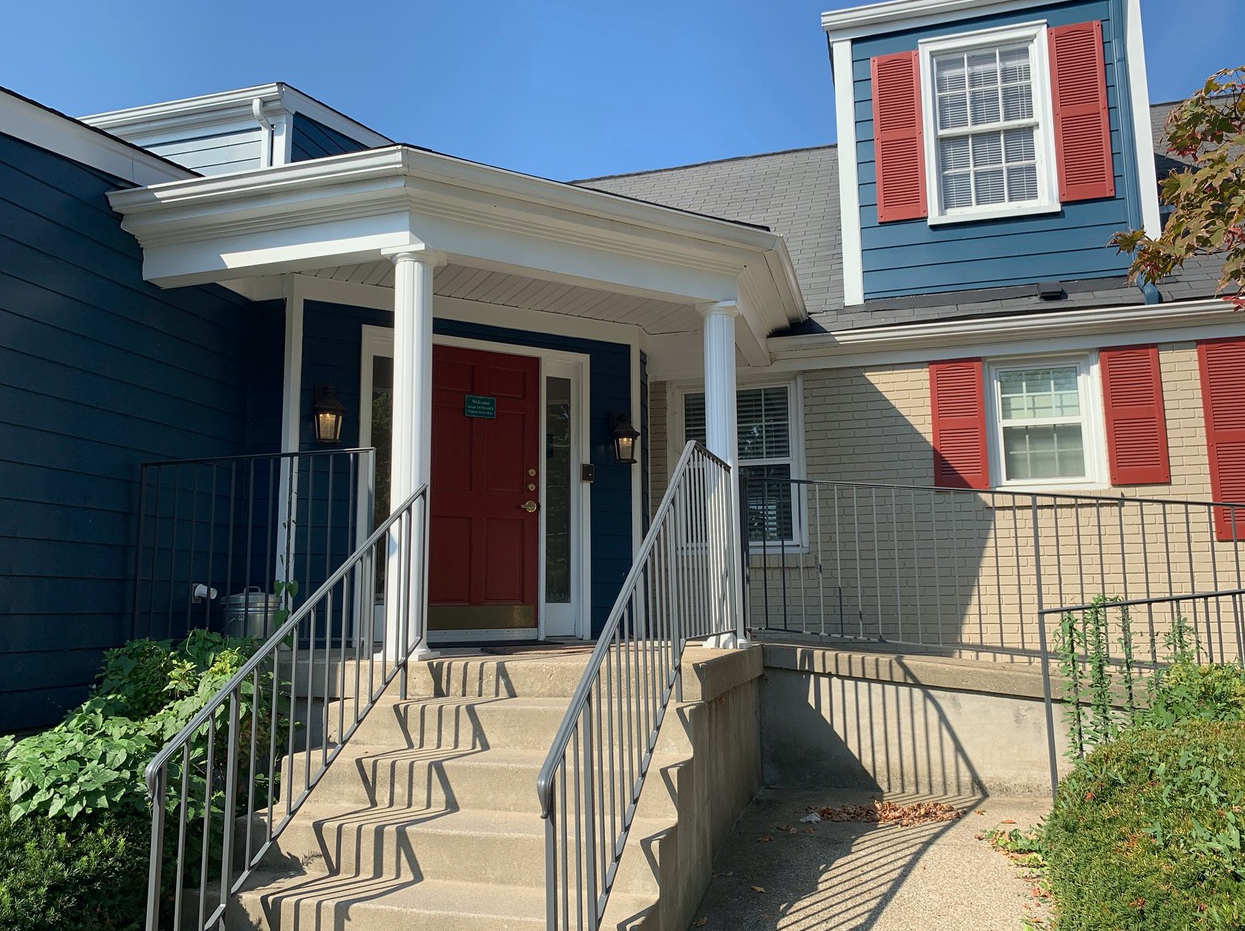First Hour Grief Response Offers Hope for Those Who Are Grieving

Photography Provided
In 2011, Karen Buchanan was in the middle of making lunch when, in a split second, her life was forever changed. Upstairs, her husband had committed suicide, and when first responders arrived on the scene, they dealt with the logistics of the situation but were at a loss when it came to knowing how to help Buchanan.
“They didn’t know what to do with me,” she says.
As a result, Buchanan was left flailing in a state of shock, sadness, confusion and chaos with nobody to talk to about what to do with her racing emotions.
“I knew pretty quickly that I wanted to figure out a way to help the next suicide survivor widow,” Buchanan says. “I just wasn’t sure what that looked like.”
In 2015 she met Lisa Schardein, who also suffered a tragic loss in 2011 when her 19-year-old son was killed by a drunk driver.
The two women discussed the anguish they suffered following their losses, and how they wished there had been a resource available to help them navigate their way through the initial fog of grief. They decided to create First Hour Grief Response, a 501(c)(3) nonprofit organization that helps people navigate the sudden loss of a loved one. The organization didn’t officially launch until 2018. Funded by grants and private donations, the women quit their jobs in order to devote their lives to the organization.
Schardein, who worked in marketing for more than three decades, says that after her only child died, she didn’t know who she was anymore. She needed to find a purpose in life and the new organization was a perfect fit.
“So many people don’t know how to treat those who have experienced a loss, so part of our vision is to help grief be understood by everybody,” Schardein says. “We want to give bystanders strategies for helping people they care about because they often say or do the wrong thing.”
The women are certified by the Grief Recovery Institute and offer free 90-minute grief mentoring to those who are newly grieving, helping them sort through both the emotional and pragmatic logistics of their new, strange life.
When Buchanan and Schardein meet with grievers, they spend very little time talking about themselves, though they do take a few minutes to share their personal stories so that people understand that they have endured similar pain.
“They realize we’ve been where they are, so they’re like, ‘Okay, you get me,’” Schardein says.
Ultimately that’s what the process boils down to – empathy, which is essential, especially in those first few hours and days when a griever is in a state of shock but is forced to make dozens of decisions regarding funeral details, organ donation, legal documents and more.
People typically find their way to First Hour Grief Response about three weeks after a loss, when friends and family have gone back to normal routines, leaving them to process what’s happened. This is a fragile time in the grieving process, as it can be difficult to eat, sleep, think and function. As a result, the grieving individual’s life at this time can feel forced, strange and disconcerting.
“They’re asking themselves, ‘Am I going crazy?’” Schardein says. “They want to talk to someone to find out if what they’re feeling is normal.”
The First Hour Grief Response website is divided into five categories that grievers can navigate: loss of a child, spouse, parent and friend, as well as loss by suicide. The site also lists resources and support groups. Buchanan and Schardein help to run several support groups around the city for loss due to addiction, loss of child, infant loss, and general grief support.

Buchanan and Schardein are also in the process of training additional facilitators, and are working to set up grief support groups around downtown and the west end of the city. In addition, they have fee-based, special counselors on staff who can help those who have suffered traumatic loss such as suicide. Buchanan wanted to be sure eye movement desensitization and reprocessing therapy was also an option, as she found it to be highly effective in her own healing following her trauma.
“It’s an amazing tool that truly saved me, as it buried the vision of finding my husband following his suicide,” Buchanan says. “Now that vision no longer haunts me.”
Buchanan and Schardein recently connected with the local police foundation in an effort to get First Hour Grief Response materials in the hands of first-responders, so that those responders can be of assistance as soon as possible.
“We’d like to be there at the scene of a death, overdoses and suicides, because that was my initial goal when starting this organization,” Buchanan says.
The women sometimes hear from those they have assisted, and those individuals extend their gratitude for the help they received during their darkest days. Last December, when a woman witnessed the murder of her boyfriend, she was grateful for Buchanan and Schardein’s presence.
“She said we helped her more in the first ninety-minute meeting than any other therapist did,” says Buchanan, who is glad to be a resource in those early moments and days.
Seeking support at the start of the grief journey is crucial, as studies have indicated that aggression, anger, suicidal thoughts and alcohol abuse are common for those who suppress grief. Schardein tells the story of a woman who nearly drank herself to death following her son’s passing. For five years straight, she did nothing but get up every day and drink heavily. She currently has cirrhosis and her health is failing. She recently fell and broke her hip, and the injury won’t heal properly due to her body’s overall damage.
“She tried to drink her pain away,” Schardein says. “She says she wished she’d sought help sooner.”
Buchanan says the mission of First Hour Grief Response is three-fold: 1) Train people on how to properly support someone who is grieving, 2) Get the public to have conversations about grief and suicide rather than sweeping these difficult subjects under the rug, and 3) Provide grievers with the help they need in order to heal, so that they can then give back to the community.
“Lisa and I have endured hard stories and we are now thriving to help others,” Buchanan says. “If we can get grievers to a place to be healed, they become thrivers and our community gets stronger. That’s where some people are beginning to listen to us because they want a healthier community.”
Located in a house in St. Matthews, complete with comfortable couches and plush pillows, the First Hour facility is not your typical sterile office environment but rather a warm, welcoming and safe setting for recovery. Buchanan and Schardein invite any griever to reach out if they are struggling.
“We want people to know we are a free resource for them,” Buchanan says. “They don’t have to do this alone.”
For more information on First Hour Grief Response, call 502-791-9938 or visit firsthourgrief.org.






Comments 1